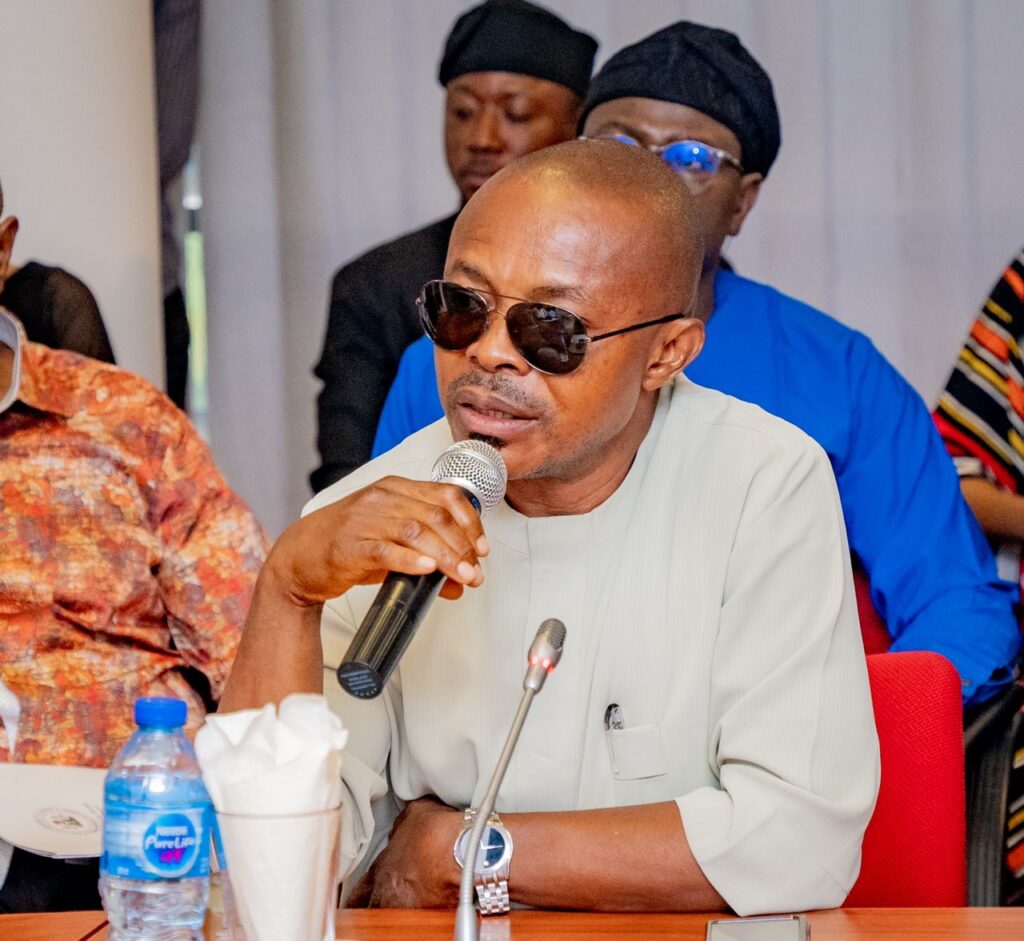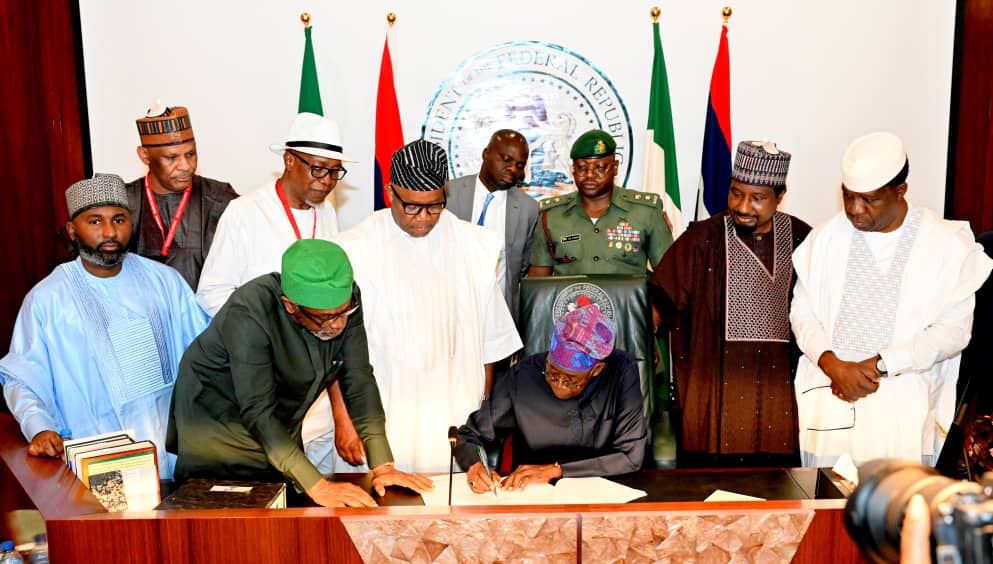By Joke Kujenya
MONDAY, PRESIDENT Bola Tinubu has signed the National Minimum Wage Amendment Bill 2024 into law.
The new law mandates a minimum monthly salary of N70,000 and is reviewable every three years.
President Tinubu signed the bill during a Federal Executive Council meeting.
The Head of Service remarked that the law reassures workers of the President’s commitment to their welfare.
Senate President Godswill Akpabio, accompanied by other National Assembly leaders, attended the signing ceremony.
The President expressed gratitude to the National Assembly for the swift passage of the bill.
The new wage agreement follows discussions between the government, the private sector, and organized labour.
The agreement sets the new minimum wage at N70,000, despite unions initially demanding a higher amount.
Nigerian Labour Congress (NLC) President Joe Ajaero acknowledged the mixed feelings among workers given the country’s economic challenges.

The law will not take effect immediately as it still requires final approval from federal lawmakers.
Since taking office, President Tinubu has enacted several policies, including the removal of fuel subsidies and the unification of exchange rates, which have led to economic adjustments and inflation.
The new wage law is expected to address these economic challenges, even though it falls short of the unions’ original demands.
Some Nigerian governors had expressed concerns about the affordability of the new minimum wage for their states.
However, the law compels all states to adopt the pay increase.
Despite Nigeria’s status as a major crude oil producer, it remains one of the world’s poorest countries.
Corruption continues to be a significant issue, with a disparity between the lifestyles of public officials and the general population.
Strikes by Nigeria’s workers including lecturers and medical professionals over low wages are common, while politicians continue to receive substantial salaries and benefits.





